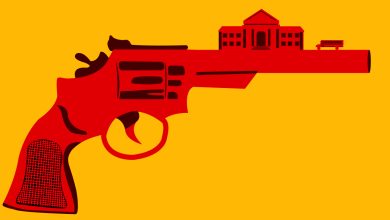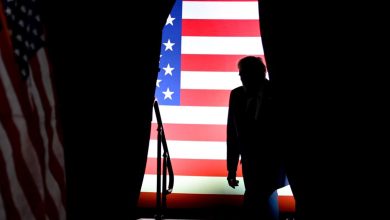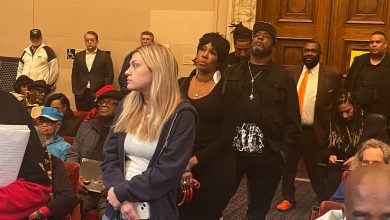The Lookout: What You Should Know About California’s New Gun Laws
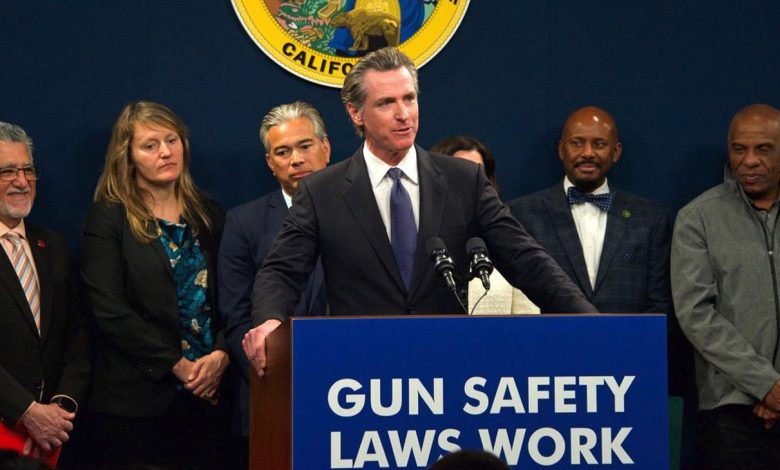
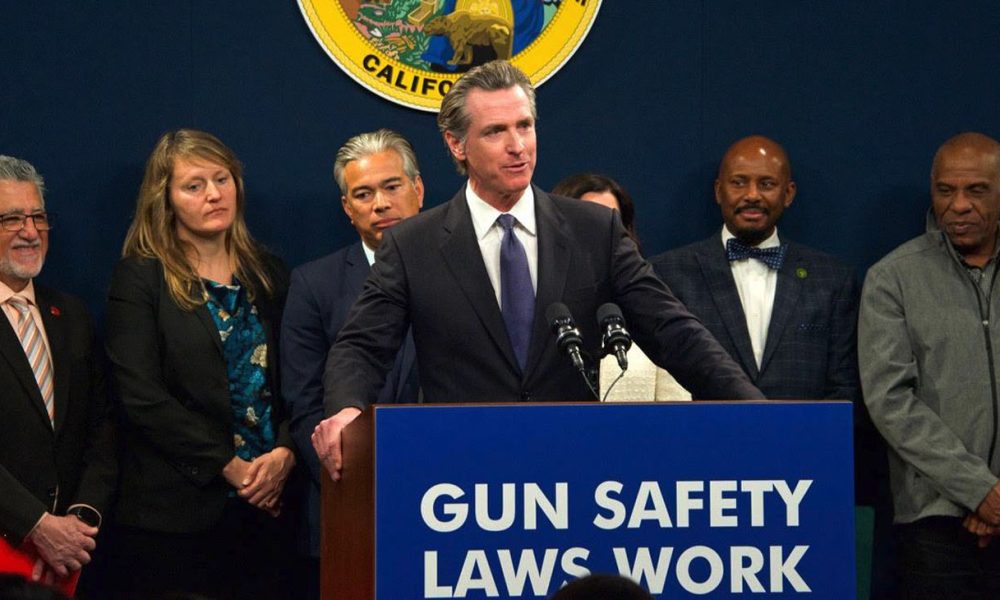
By Tanu Henry and Antonio Ray Harvey, California Black Media
Last month, Gov. Gavin Newsom signed new legislation enhancing gun safety measures, further solidifying California’s position as a national leader in implementing controls on the use and distribution of firearms.
Joined by Attorney General Rob Bonta, lawmakers, gun safety advocates and gun wound survivors, Newsom introduced at a press conference several of the gun laws he signed.
They included Senate Bill (S.B.) 2, authored by Sen. Anthony Portantino (D-Burbank), which reinforces the state’s public carry regulations; and S.B. 452, authored by Sen. Catherine Blakespear (D-Encinitas), which mandates the use of microstamping on handgun cartridges to help trace guns used in crimes.
S.B. 2 imposes new restrictions for obtaining a concealed-carry weapons (CCW) permit. According to Portantino’s office, the law ensures licensees are law-abiding citizens over 21 years of age; establishes an appeal process for denied CCW licenses; introduces gun handling, loading, unloading and storage training requirements; and restricts locations where people can legally carry firearms.
In 2022, California’s gun death rate was 43% lower than the national average, according to the Centers of Disease Control (CDC). The Giffords Law Center also ranked the state number one in the United States for gun safety.
“While radical judges continue to strip away our ability to keep people safe, California will keep fighting — because gun safety laws work,” Newsom said in a Sept. 26 statement.
Newsom also signed bills introduced by California Legislative Black Caucus (CLBC) members Mike Gipson (D-Carson), Kevin McCarty (D-Sacramento) and Reggie Jones-Sawyer (D-Los Angeles).
Assembly Bill (A.B.) 1406 (McCarty) gives the California Department of Justice the authority to postpone firearm delivery if additional time is required to do background checks.
A.B. 1089 (Gipson) adds new regulations and guidelines for the ownership and operation of computer numeric control milling machines, commonly used to manufacture “ghost guns.” Ghost guns are untraceable firearms sold in parts and assembled at home.
A.B. 574 (Jones-Sawyer), which goes into effect in March 2025, requires gun dealers making any sale of a gun — or overseeing the transfer of ownership — to confirm that both the buyer and seller “confirm possession of every firearm they own or possess.”
A.B. 28, which is authored by Assemblymember Jesse Gabriel (D-Encino), was also on the list of gun legislation Newsom approved. The law imposes an 11% excise tax on gun vendors and gun manufacturers across the state. The revenue collected will be used to improve school safety, behavioral health and gun violence intervention.
“How about a little damn accountability,” said Newsom at a press conference. “You’re selling a product, a leading product, a purveyor of death for our kids.”
Gabriel shares the Governor’s perspective. “It’s shameful that gun manufacturers are reaping record profits at the same time that gun violence has become the leading cause of death for kids in the United States,” he said.
The same day Newsom signed the package of gun laws, the Firearms Policy Coalition (FPC), a non-profit focused on advancing gun rights, announced that it filed a complaint challenging some parts of S.B. 2.
“SB2 restricts where persons with licenses to carry a concealed weapon may legally exercise their constitutional right to wear, carry, or transport firearms. And it does so in ways that are fundamentally inconsistent with the Second Amendment and the Supreme Court’s decision in Bruen,” the complaint states.
Three groups — Orange County Gun Owners, San Diego County Gun Owners, and California Gun Rights Foundation — have joined FPC in the lawsuit.
“With Gov. Newsom’s signing of SB2 today, California continues to exhibit its disdain for the rights of Californians, the U.S. Constitution, and the Supreme Court’s Bruen decision,” said Cody J. Wisniewski, FPC Action Foundation’s General Counsel and Vice President of Legal, and FPC’s counsel. “Unfortunately for California, and contrary to Governor Newsom’s misguided statements, the state does not have the power to unilaterally overrule individual rights and constitutional protections.”
Bonta disagrees. “Addressing gun violence is critical to protecting public safety; we cannot pretend that they are distinct problems,” he said. “In California, we won’t settle for inaction when it comes to saving lives.”
On Oct. 10, Newsom scored another win on gun control. The Ninth U.S. Circuit Court of Appeals ruled that the California state law that bans guns with high-capacity, detachable magazines can remain in effect while California appeals a U.S. Circuit Court of Appeals September ruling that declared that law unconstitutional.


